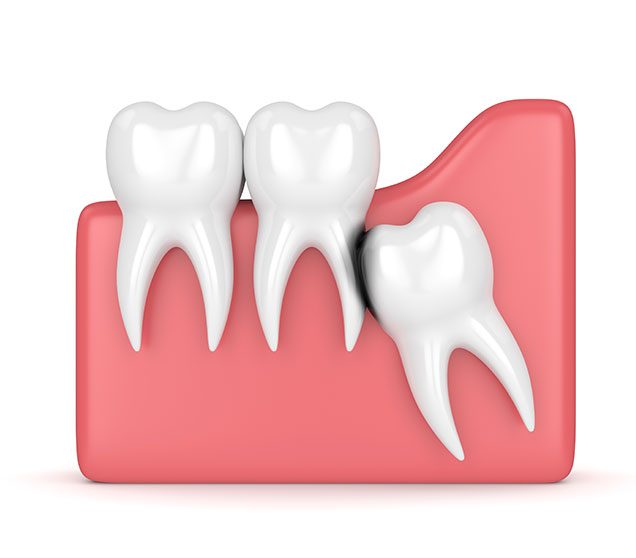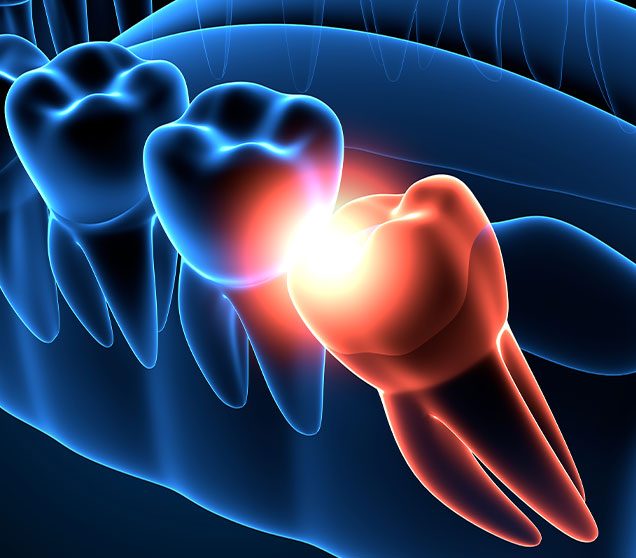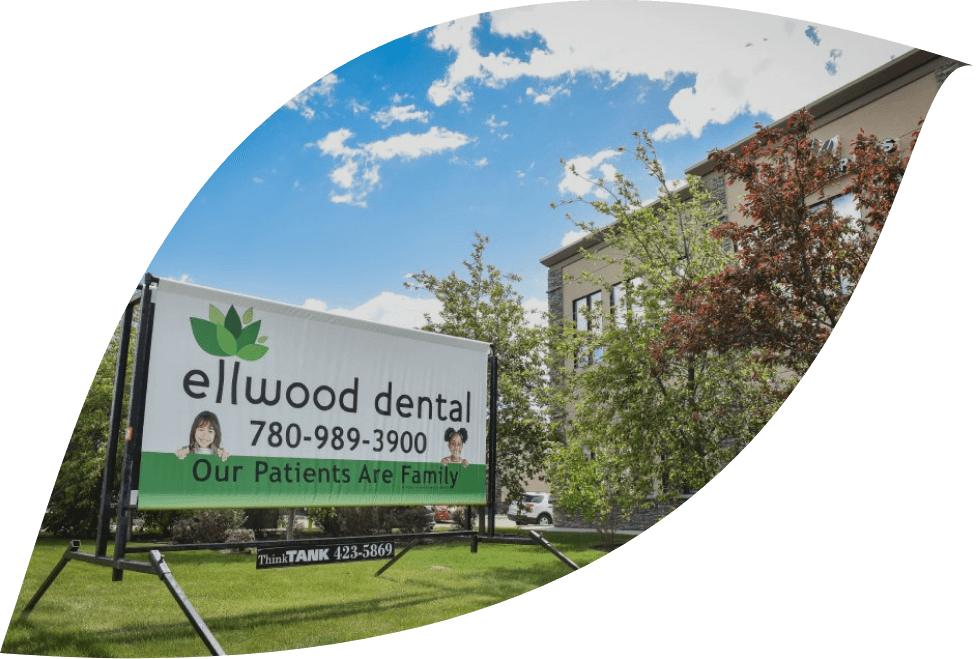While adult teeth are meant to last a lifetime, there are certain situations where removal is the best treatment option. If you are experiencing pain or other issues from your wisdom teeth, Ellwood Dental is pleased to offer safe and effective wisdom teeth removal, always ensuring you are as comfortable as possible throughout the procedure.
Your SW Edmonton Choice for Wisdom Teeth Removal!


What are Wisdom Teeth and Why Might They Need to be Removed?

Wisdom teeth are the last set of molars to emerge, located in the very back part of the mouth. They generally come in between the ages of 14-30, although some people never get them. For some people, wisdom teeth come in properly and cause no problems at all. For others, however, they may be very difficult to clean and/or not come in properly. That’s when problems occur, and intervention is needed to avoid discomfort and future complications. If left untreated, problematic wisdom teeth can lead to pain, bad breath, tooth decay, gum disease, and occlusion issues.
Wisdom teeth can be a source of concern for many people. If there is not enough room in the back of the mouth for wisdom teeth to erupt properly, their growth can be disrupted. For some people, wisdom teeth only erupt partially through the gums. This can result in a gum pocket that traps food and results in swelling, infection and/or bad breath. Sometimes wisdom teeth can grow in unusual directions, causing complications such as crowding and damage to adjacent second molars. Impacted wisdom teeth occur when there is not enough space for wisdom teeth to erupt in the mouth and they become stuck in the bone, unable to emerge. It is not usual for this to bring about pain, crowding, and the development of cysts around the unerupted tooth. Oftentimes your dentist can foresee future concerns, so will recommend the removal of your wisdom teeth before any problems arise.

It is always best to be proactive when it comes to your oral health! If you are experiencing any pain, discomfort, or swelling, or you have any questions about your wisdom teeth or the wisdom teeth removal procedure, call our dedicated Ellwood Dental team at
(780) 989-3900 and we will be happy to help.
We look forward to hearing from you soon!
Call Ellwood Dental at (780) 989-3900 to set up your Wisdom Teeth Extraction appointment today!

